A grossly underrated genre, Non-Fiction is often misinterpreted as a plain and dull form of literature, especially when pitted against the huge imaginative investments that define fiction, or even the evocative ornaments of poetry. Nothing could be further from the truth. Non-Fiction, even in its allegiance with reality, is a highly dynamic and creative format. Intimate and intelligent, it is a medium of critical discussion, riveting conversation and engaging storytelling. And so, to put you into direct contact with the type of nonfiction that would suit you, we have handpicked an eclectic mix of six that cast a wide net. From the collected “Writings of Ukraine” to “The Collected Schizophrenias”, this list, unlike any other, is a miscellaneous assortment that hopes to showcase the diversity possible within this seemingly one-dimensional genre.
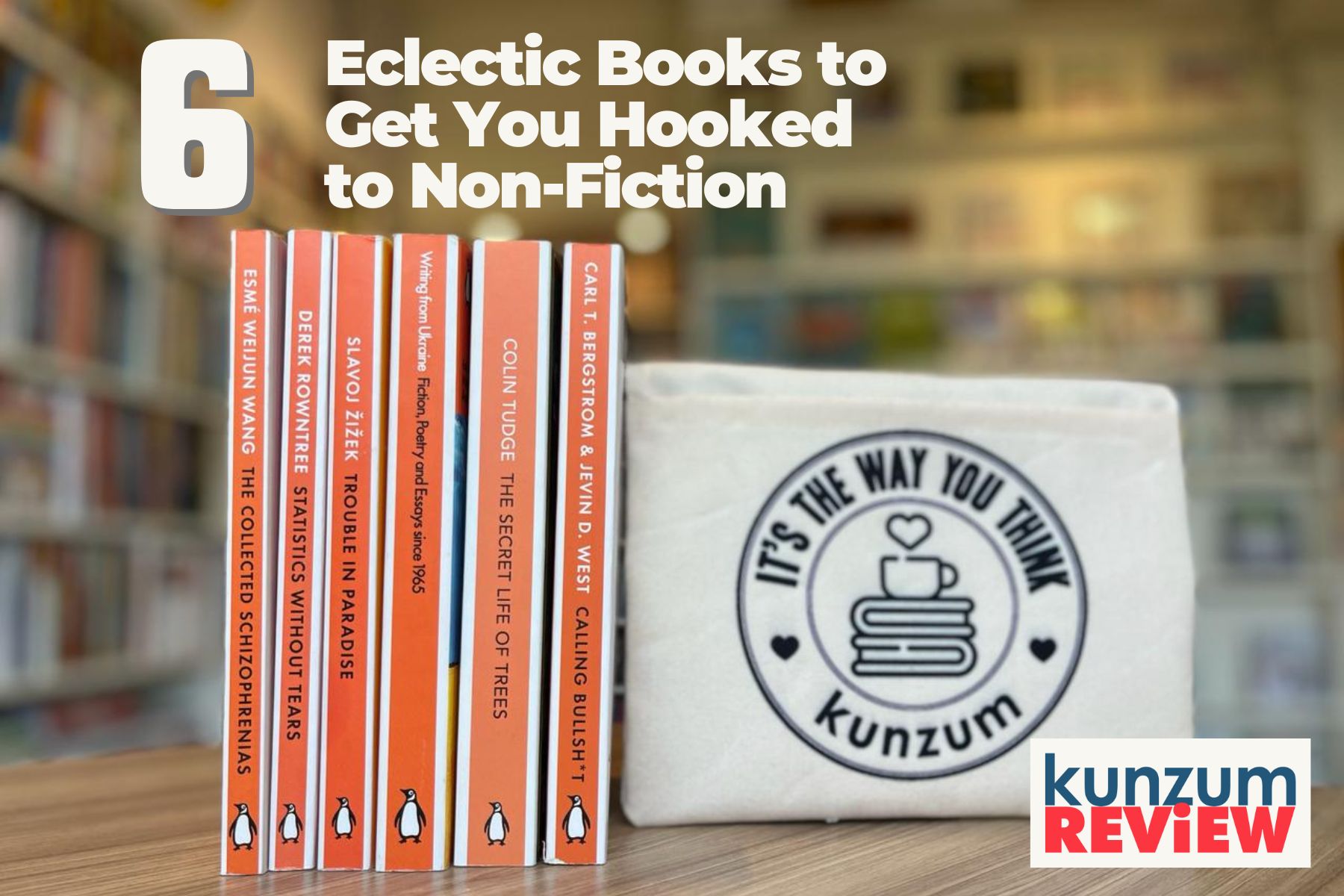
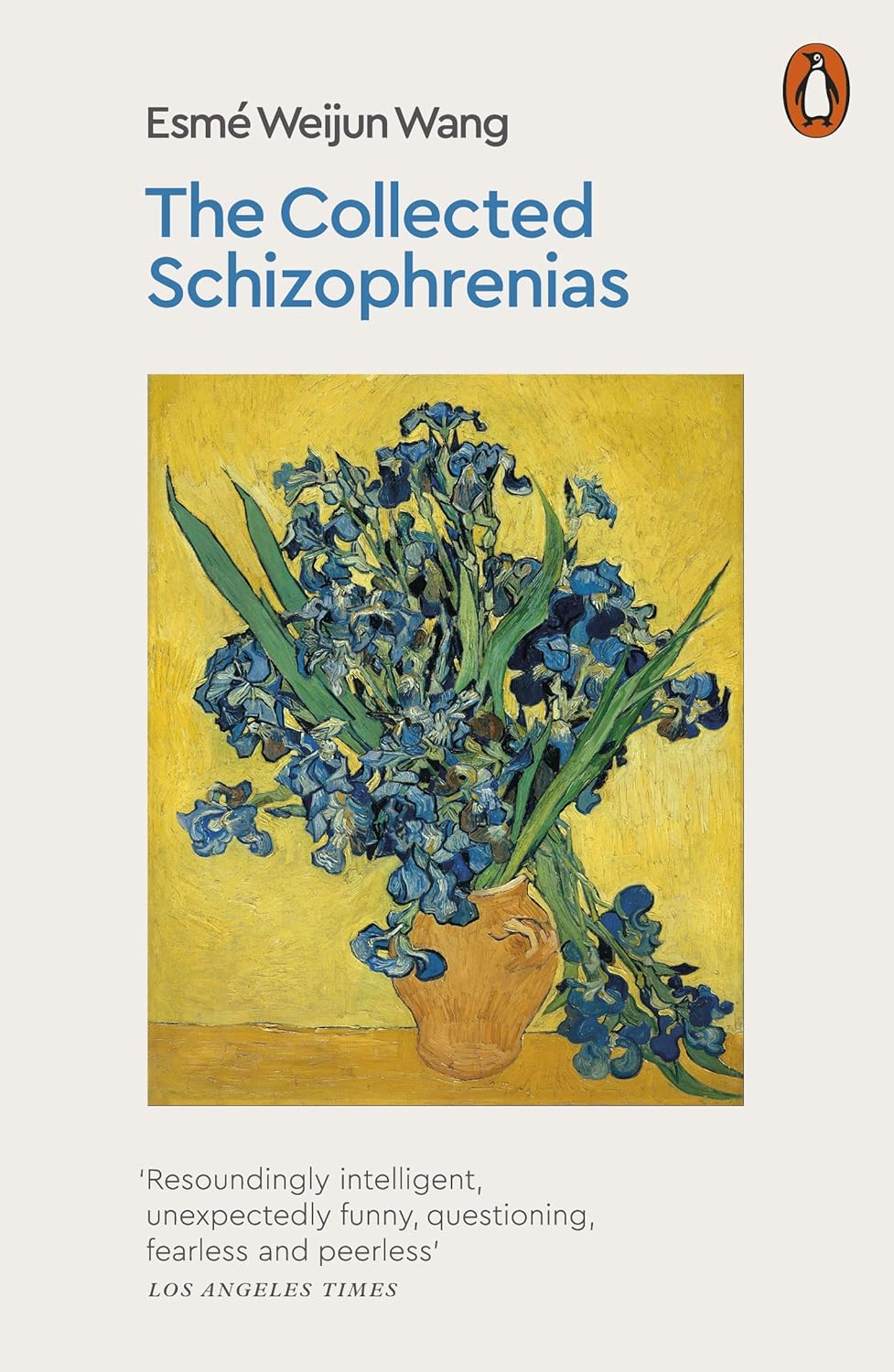
The Collected Schizophrenias by Esmé Weijun Wang
“Instead of killing myself, I watched the Adam Sandler movie Funny People. I was unaware of the fact that singer-songwriter James Taylor has a cameo in the film. When he came on-screen, I thought, without self-consciousness: Oh God. I can’t believe that James Taylor is still alive, and I’m dead.”
More than just a meditation on chronic mental illness, the prose and the stylistics of Wang’s essays capture the experience of living with it. Dispelling popular stereotypes around the disorder, an honest rendering of what schizophrenia is and can be, the collection is a polychromatic nonlinear text that is at once beautiful and revelatory.
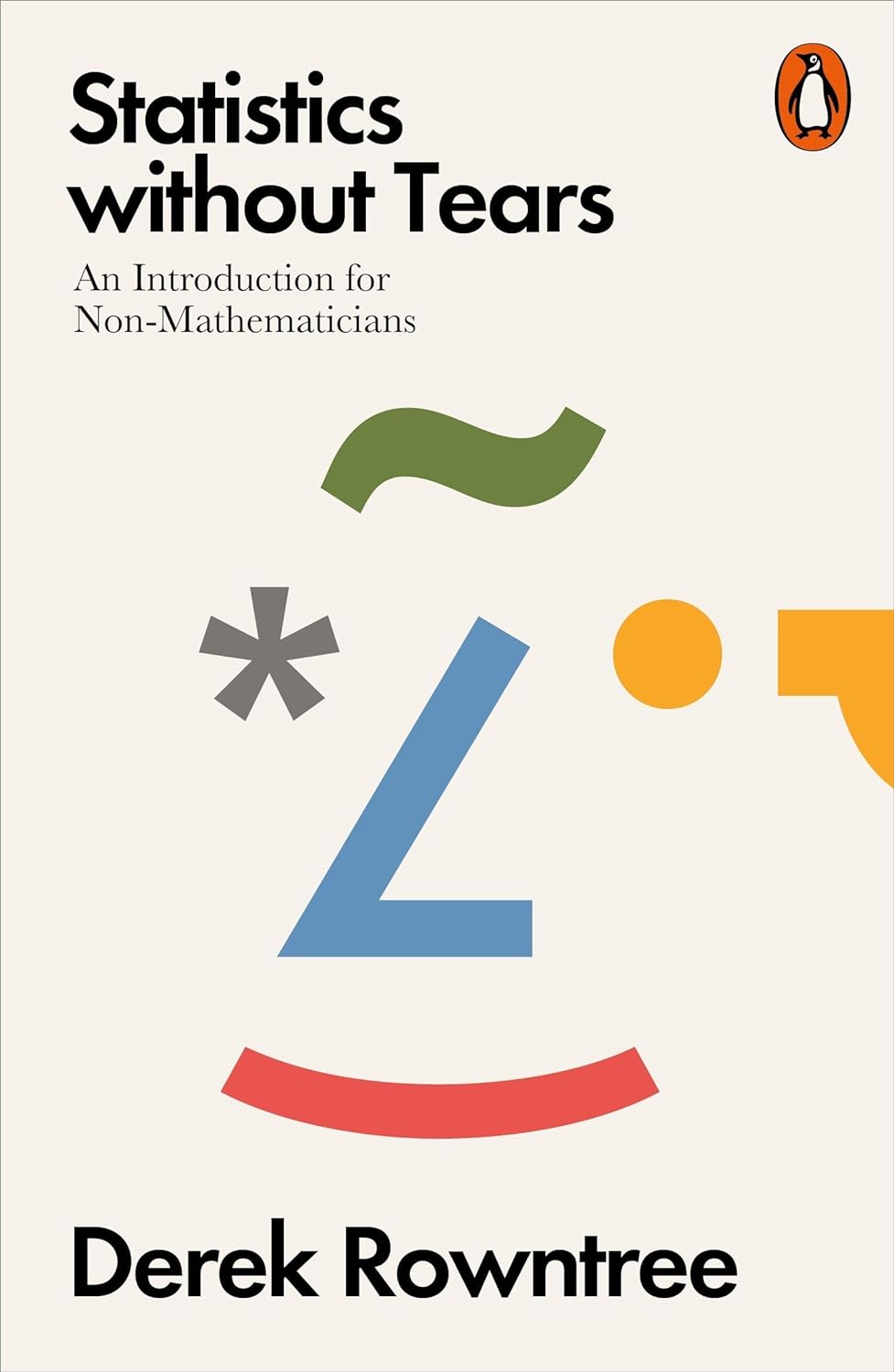
Statistics Without Tears by Derek Rowntree
“…I hope to save you from the weeping (and/or wailing and/or gnashing of teeth) that is so often to be heard among students drawn willy-nilly into the study of statistics. But – be warned – I do not imply Statistics Without Effort.”
Self-described as a ‘primer for non-mathematicians’, “Statistics Without Tears” demystifies the intimidating and dull-seeming world of stats as well as its many cryptic symbols. Come as you are even as Rowntree, through brilliant diagrams and kind words, discusses complex statistical concepts and the evocative ideas behind them.
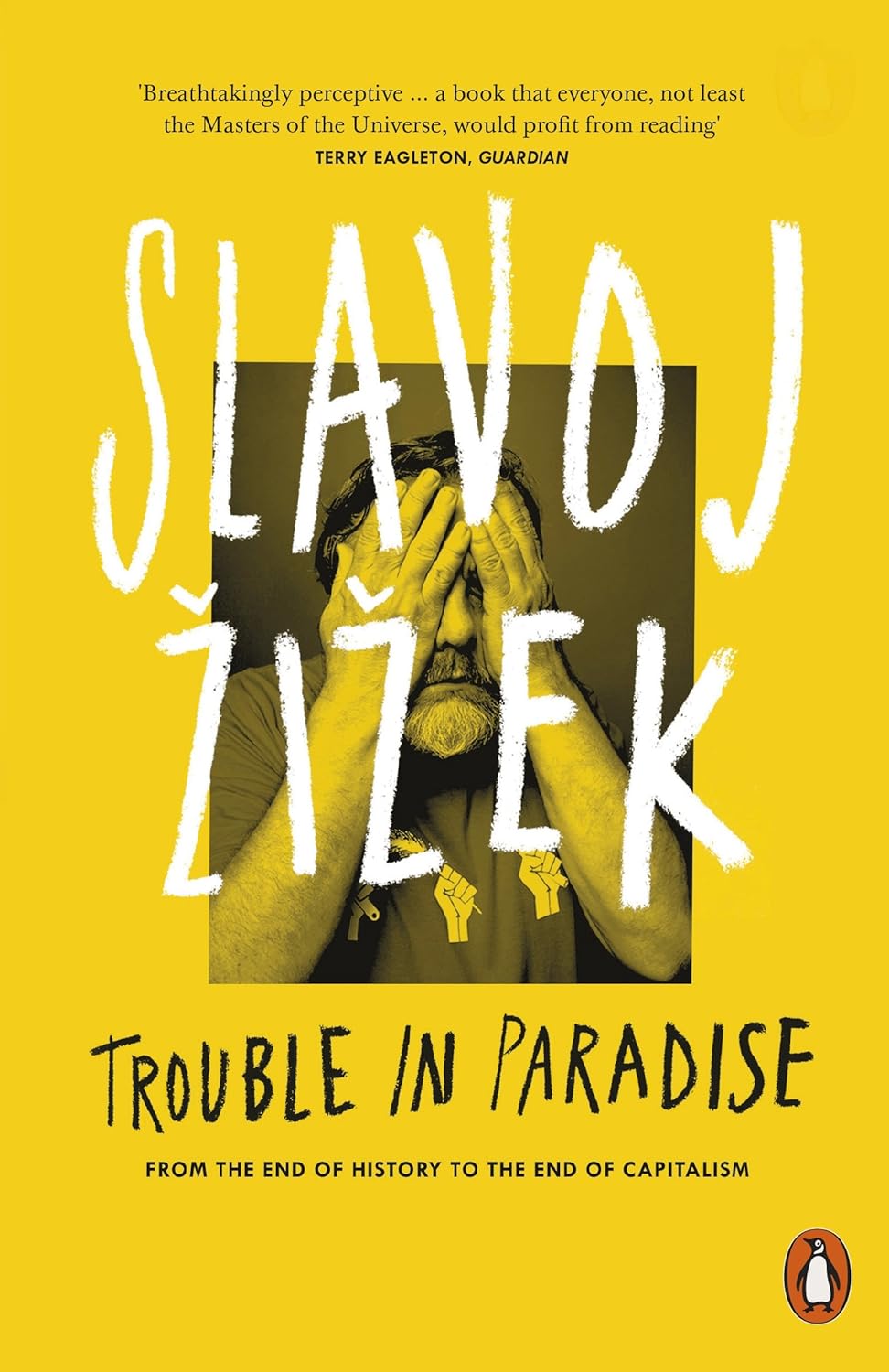
Trouble in Paradise by Slavoj Žižek
“…the more the worker spends himself, the more powerful becomes the alien world of objects which he creates over and against himself, the poorer he himself—his inner world—becomes, the less belongs to him as his own.”
Pop Hegelian-Lacanian philosopher and cultural theorist, author of the brilliant “Pervert’s Guide to Ideology”, Slavoj Žižek, talks of everything from Margaret Thatcher to Gangnam Style, as he details his recommended way out of the current crisis of capitalism/ the ‘trouble in paradise’. True to Žižek, his book is diagnostic, provocative and extremely funny.
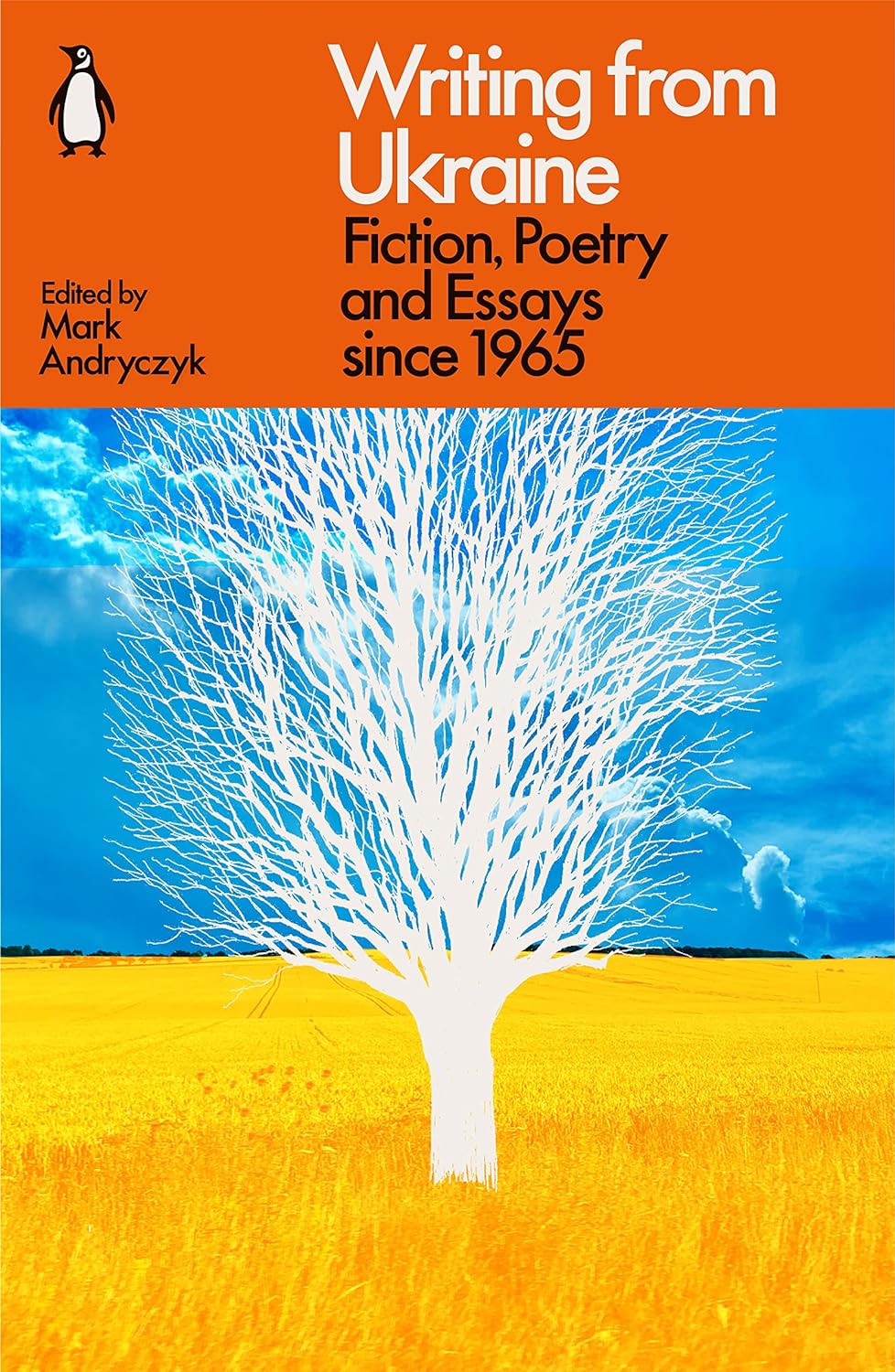
Writings From Ukraine ed. by Mark Andryczyk
“A meal, any meal, has a distinct ritualistic significance, especially a common meal…But a particular one stands out in my memory– an unforgettable breakfast in Kyiv. It was an hour before the hunger strike demonstration was about to begin on the Maidan– Freedom Square…”
“Writings From Ukraine” is Penguin’s selection of the 15 most exuberant and essential contemporary voices from the realm of Ukrainian Literature. One cannot overstate the relevance of this book and the importance of listening to the voices of those who inhabit it. A short collection of essays, poetry and fiction, ‘Writings from Ukraine’ captures the unique sensibility of Ukraine, portraying its cultural dynamism as well as the distinct nationalism it cultivated after gaining independence in 1991. Covering a range of topics, from Chernobyl to Jimi Hendrix, the collection is a small but solid window into the soul of an old but young country.
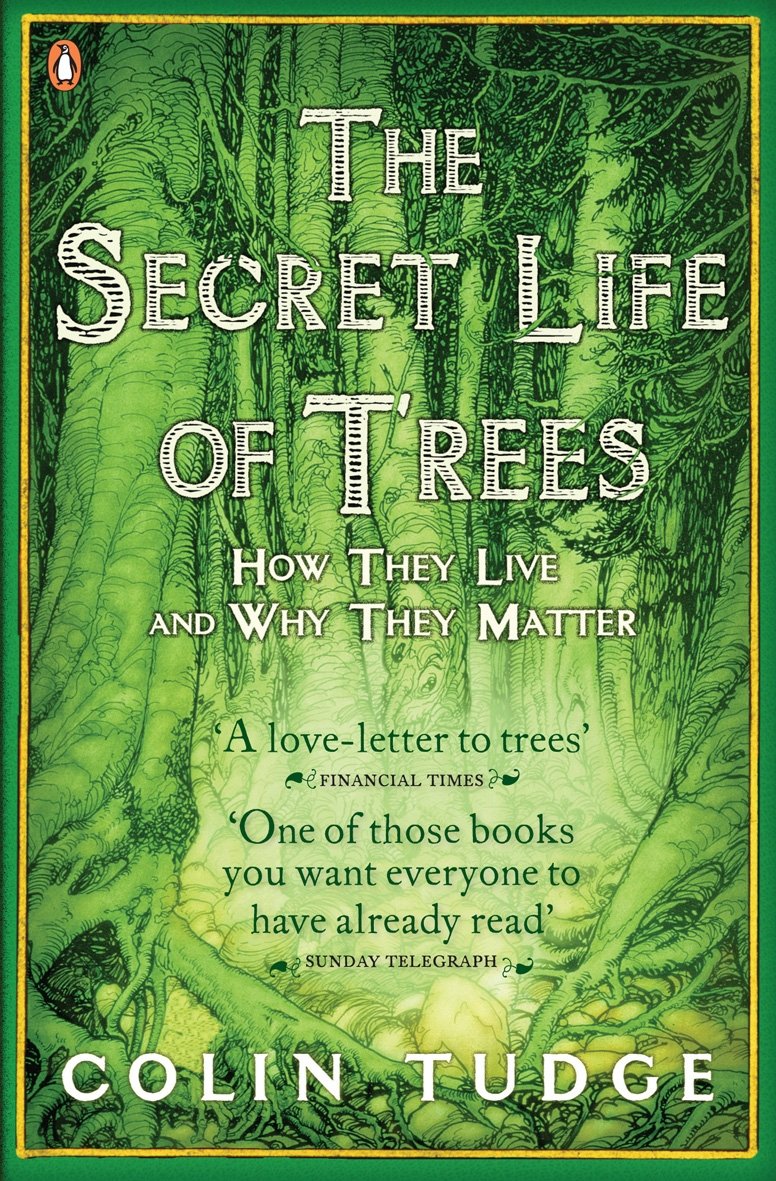
The Secret Life of Trees by Colin Tudge
“Trees are of course at the heart of things. How could it be otherwise? The human lineage began in trees. We have left our first ancestors far behind but we are creatures of the forest still.”
From the ones in his back garden to those all around the world, Tudge explores the beauty and significance of trees everywhere. Witty, strange and an adventure, learn all about how trees work and, in turn, allow for our existence. An easy-to-read book for anyone with an almost spiritual affection for trees.
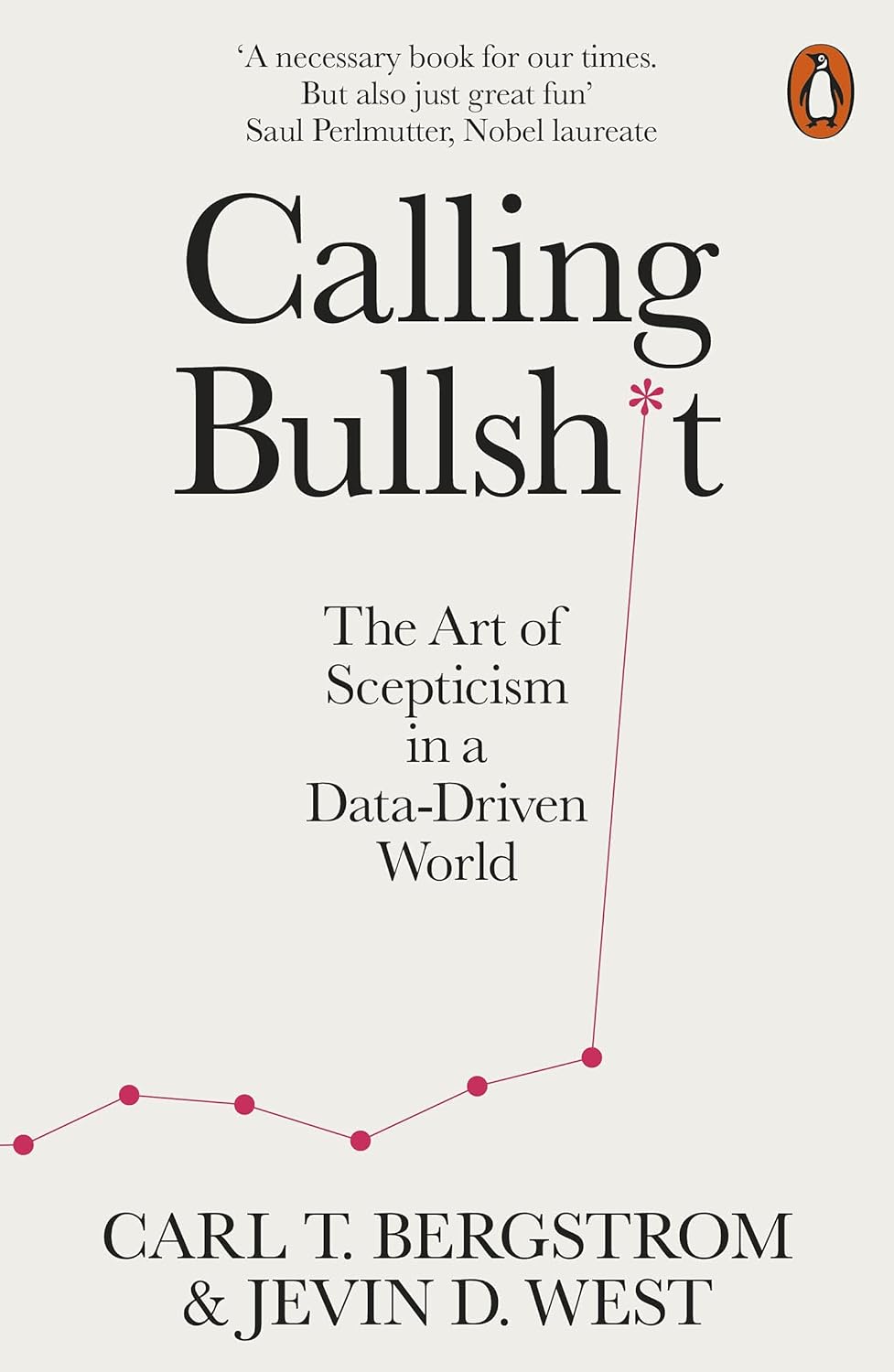
Calling Bullshit: The Art of Scepticism in a Data-Driven World by Carl Bergstrom and Javin West
“Blindfolded and submerged in a pool, I shout, ‘Marco!’ If I do so correctly, my network of acquaintances sends back an encouraging chorus. ‘Polo! Polo! Polo!’ Participating on social media is only secondarily about sharing new information; it is primarily about maintaining and reinforcing common bonds. The danger is that, in the process, what was once a nationwide conversation fragments beyond repair.”
Heavily researched and casually told, Professors Carl Bergstrom and Javin West’s ‘Calling Bullshit’ is a tool guide for all who hope to productively practice scepticism and successfully dismantle dangerous misinformation whenever encountered. With chapters such as ‘Bullshit Everywhere’, Numbers and Nonsense’, as well as ‘The Susceptibility of Science’, the book describes ‘bullshit’ as essential to all forms of well-functioning social groups, and shows you how it can be identified in every community: from your friends to big-wig scientists and researchers. Recognise bullshit anywhere and learn how to expertly call it out.
Pick up an eclectic book to get me into reading non-fiction from any Kunzum store or WhatsApp +91.8800200280 to order. Buy the book(s) and the coffee’s on us.
